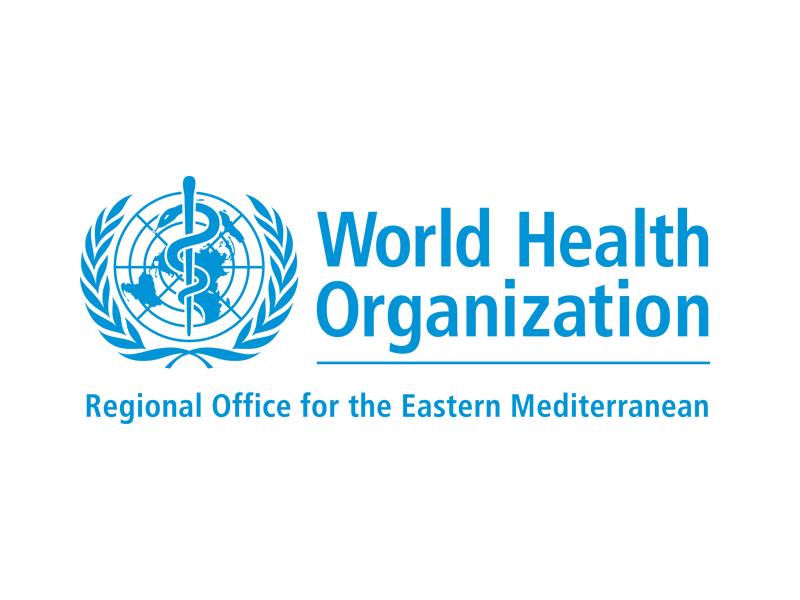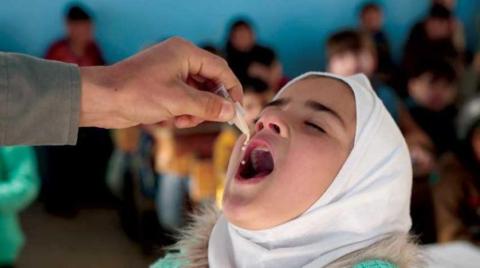
Joint statement by Dr Ala Alwan, WHO Regional Director for the Eastern Mediterranean, and Dr Peter Salama, UNICEF Regional Director for the Middle East and North Africa
2 June 2016, Amman/Cairo – As fighting and violence escalate across Syria, we risk losing the opportunity to vaccinate and save the lives of more than 1 million children. For example, due to the sharp increase in attacks on health personnel and facilities in Idlib, the immunization campaign in the city has been temporarily halted amid fears for the safety of health workers and the local population.
On 31 May, an ambulance centre in Idlib, supported by WHO and United Nations partners, was hit. As a result, 2 ambulances were destroyed and nearby al-Watany hospital was forced to close down, leaving only the emergency room functioning. In 1 day alone, more than 50 civilians were reportedly killed including several children. Another 250 people were injured.
Similar reports were received from other areas in Syria, further jeopardizing the vaccination campaign. Today, a UNICEF-supported clinic in the city of Aleppo was hit, injuring over 40 people – among them, a pregnant woman who lost her baby. Earlier this week, a hospital in Haritan, a town near Aleppo, was damaged. On 23 May, a bombing hit Jableh National hospital in Latakia reportedly killing over 40 patients and accompanying family members, as well as 1 doctor and 2 nurses.
Since the beginning of the year, there have been reports of attacks on 17 health care facilities across Syria. Only one third of hospitals currently function in the country.
WHO and UNICEF appeal to all parties to the conflict to put an end to the violence across Syria so that health workers can resume the vaccination campaign in safety.
Attacks on health facilities are increasing in frequency and scale. Such attacks are blatant violations of international humanitarian law. Health workers, patients and health facilities must be protected, and civilians allowed unrestricted access to urgently needed health services.
For more information:
Juliette Touma
Communication Specialist
UNICEF Regional Office for the Middle East and North Africa
Mobile +962 798674628












